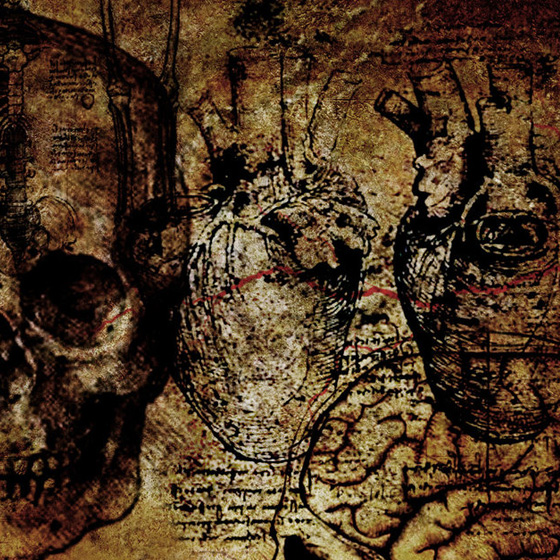Mutation Detection Analysis of BRD2 Gene and Its Association with Photosensitivity in Juvenile Myoclonic Epilepsy (JME)
Abstract:
Introduction: Juvenile myoclonic epilepsy (JME) is
a genetically determined common primary idiopathic generalized epilepsies (IGE)
seen in 8-20 years of age and comprises between 4-10% of all types of epilepsy syndromes.
Photic stimulation initiating the seizure precipitation is a characteristic feature
of IGE, especially in JME. About 30% of JME patients were photosensitive. Bromodomain
protein containing 2 (BRD2) gene is a transcriptional regulator highly expressive
during the development of nervous system in the embryo. The human BRD2 gene has
been shown to play a susceptibility role critically in common form of epilepsy as
well as in other neural phenomena including photosensitivity.
Methods: Patients diagnosed as JME based on
criteria of international league against epilepsy (ILAE) and age & sex matched
controls, between age group 8-20 years were recruited. 5ml of peripheral venous
blood was collected and stored to 40C. DNA was extracted by Nucleospin
blood kit method and analysed by 1% agarose gel then purified. Suitable primers
for exon 3 and exon 13 were designed and synthesized at IIT Patna, India. Purified
DNA samples were amplified with PCR at suitable annealing temperature (620C
for exon 3, 650C for exon 13). Amplified PCR products were sequenced
by using Applied Biosystems, Genetic analyser, 3130XL instrument, following Sanger’s
method. Sequence analysis was conducted by using chromaspro, version 1.7.7. The
sequence was compared by performing multiple sequence alignment using ClustalX tool,
NCBI software Development Toolkit (Version 1.8.3, national center for biotechnology
information, Bethesda, MD) to identify the mutations in the sequences. All the mutated
sequences were deposited at NCBI- Genbank and got accession numbers.
Results: A total 40 JME participants and 40
controls were included for molecular analysis. Among total cases, 27 cases were
positive to photosensitivity. In exon 3, one case had nucleotide changes at c.delA1890,
c.A1892T, c.A1895T, c.G1896T, c.T1897c, c.T1898C, c.C1899T, c.G1900T, c.C1901T and
c.A1902T leads to existence of stop codon after p.111 Pro>stop (Genebank-KX061434),
In exon 13, 39 cases had mutations at various positions, but none of the mutation
leads to the alteration in the protein sequence.
Conclusion: Mutations in BRD2 gene are found to be responsible for the functional alteration
in bromodomain protein which leads to development of JME. Among 27 cases positive
to photosensitivity, 20 cases had mutations in exon 3 and 13. Hence, c.G1707A, c.C4132T,
c.G4133A, c.C4132T mutations of BRD2 may be responsible for photosensitivity, which
may result functional impairments in JME.
Keywords: Juvenile myoclonic epilepsy,
BRD2 gene, mutation.

